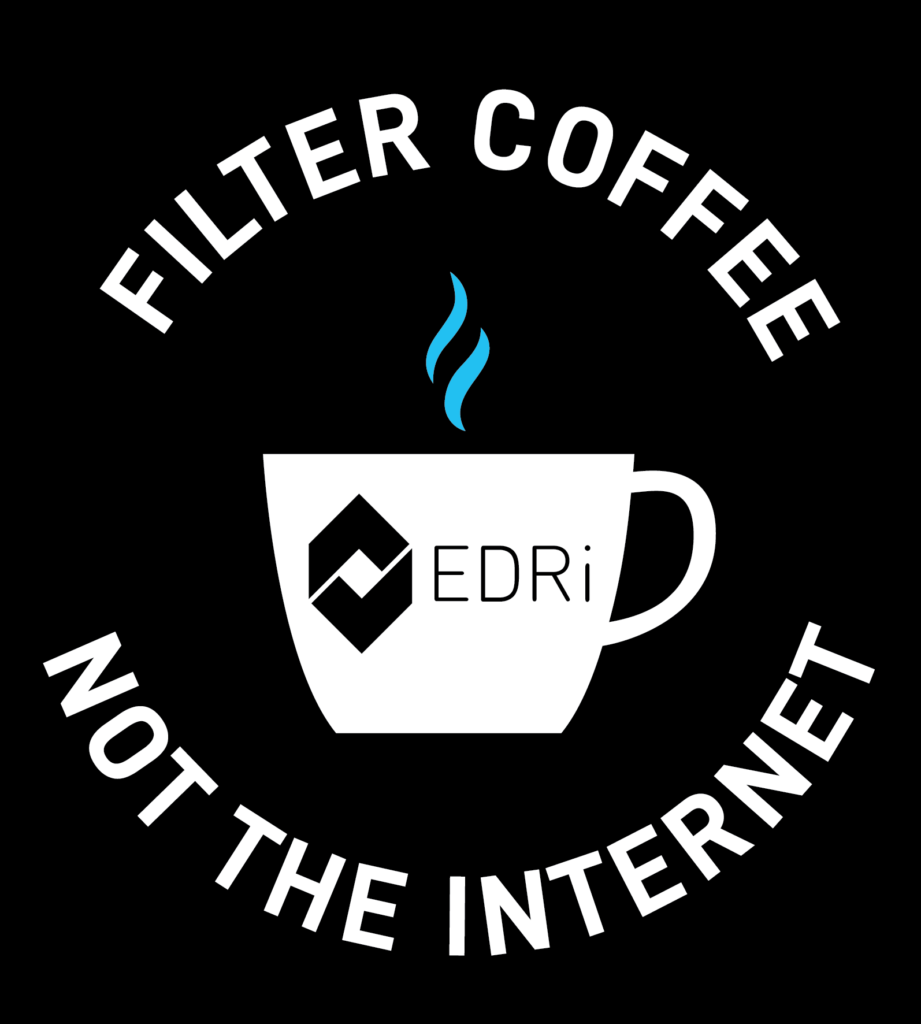All you need to know about copyright and EDRi
The last vote on the Copyright Directive’s final text is set to take place on 26 March. Ahead of this crucial vote in the European Parliament plenary, here is some background on EDRi’s priorities around this topic.
EDRi’s position on copyright
European Digital Rights has long advocated for a copyright reform, proposing an update of the current EU copyright regime in line with the digital era. With copyright as one of the main objectives in our current work plan, we have promoted a positive agenda aimed at fixing the main problems within the existing framework. EDRi supports the idea that authors and artists receive recognition, remuneration and support for their work and creativity. However, we believe the current proposal falls short of these expectations. Instead, it introduces problematic measures that would restrict freedom of expression and reduce access to knowledge.
Copyright and EDRi – More than a summer’s love
EDRi has been involved in copyright discussions since it was founded. In 2013, we released an important handbook that explained the foundations of the profound disconnect that has developed between citizens and the law: “Copyright – challenges in the digital era”. We also provided responses to several EU public consultations on copyright (such as this one in 2014). More, in 2016, EDRi released a series of blogposts called Copyfails. This Copyfails blog series pointed at nine crucial issues that could, if solved, lead to a modernised copyright regime that takes into consideration the needs of all parts of society. Fair remuneration for authors, for example, has been one of our key demands in the copyright reform. In addition, EDRi has been and continues to be an active stakeholder in the Observatory on IP infringements of the European Union Intellectual Property Office (EUIPO).
Civic engagement – helping people to get their voice heard
In addition to providing extensive expert input to policy makers and the general public though our publications, EDRi often meets with decision-makers at EU and national levels and participates in public events (roundtables, conference panels, debates etc.). Whenever possible, we try to amplify people’s voice by providing financial support needed for travels aimed at enhancing civic engagement. Making our community meet policy makers is often the most effective method to ensure that civil society voices are heard in the debate.
One of this financial support initiatives was launched on 7 March: a travel grant for people willing to travel and meet their elected representatives (Members of the European Parliament, MEPs) for a discussion around the current proposal of Article 13. By providing these grants, part of a wider Action Week, we aim at balancing the current debate with a civil society’s perspective. As shown by Corporate Europe’s report of the lobby money involved in this dossier, the debate has been overwhelmingly dominated by business lobby groups.
Transparency and accountability – a core EDRi value
EDRi’s work on copyright (including staff costs) is supported through our general budget. We are often also fundraising money that are project–specific, as is the case with the travel grants announced last week. Right now, we are in the process of receiving additional support for this action. Two thirds of the funds come from the Open Society Foundations, one of our core funders for the past years. The other third of the budget is covered by the annual budget of the Copyright for Creativity (C4C) Coalition, of which EDRi is a member. The funding for all travel grants, including the one launched on 7 March, involves no obligations on EDRi’s side from our funders. In other words, EDRi independently decides who benefits of the budget and what the action’s promoted policies are.
Let’s stick to the subject
The substance of our debate is the analysis of the current version of Article 13 in the Copyright Directive reform. It is unfortunate that much of the support of Article 13 currently revolves around criticism of opponents and not the opponents’ arguments.
Therefore, we invite you to place the actual subject, Article 13, at the center of your attention and to ask yourself: Why would any member of the European Parliament support a copyright reform that harms small and medium enterprises, doesn’t benefit small independent authors, instead empowers tech giants and sets the dangerous precedent for internet filters?
Read more:
Support our work
https://edri.org/donate
About EDRi
https://edri.org/about/
Copyright – challenges of the digital era
https://edri.org/wp-content/uploads/2013/10/paper07_web_20130202.pdf
Copyfails: Time to #fixcopyright!
https://edri.org/copyfails/
Copyright reform: Document pool
https://edri.org/copyright-reform-document-pool/


